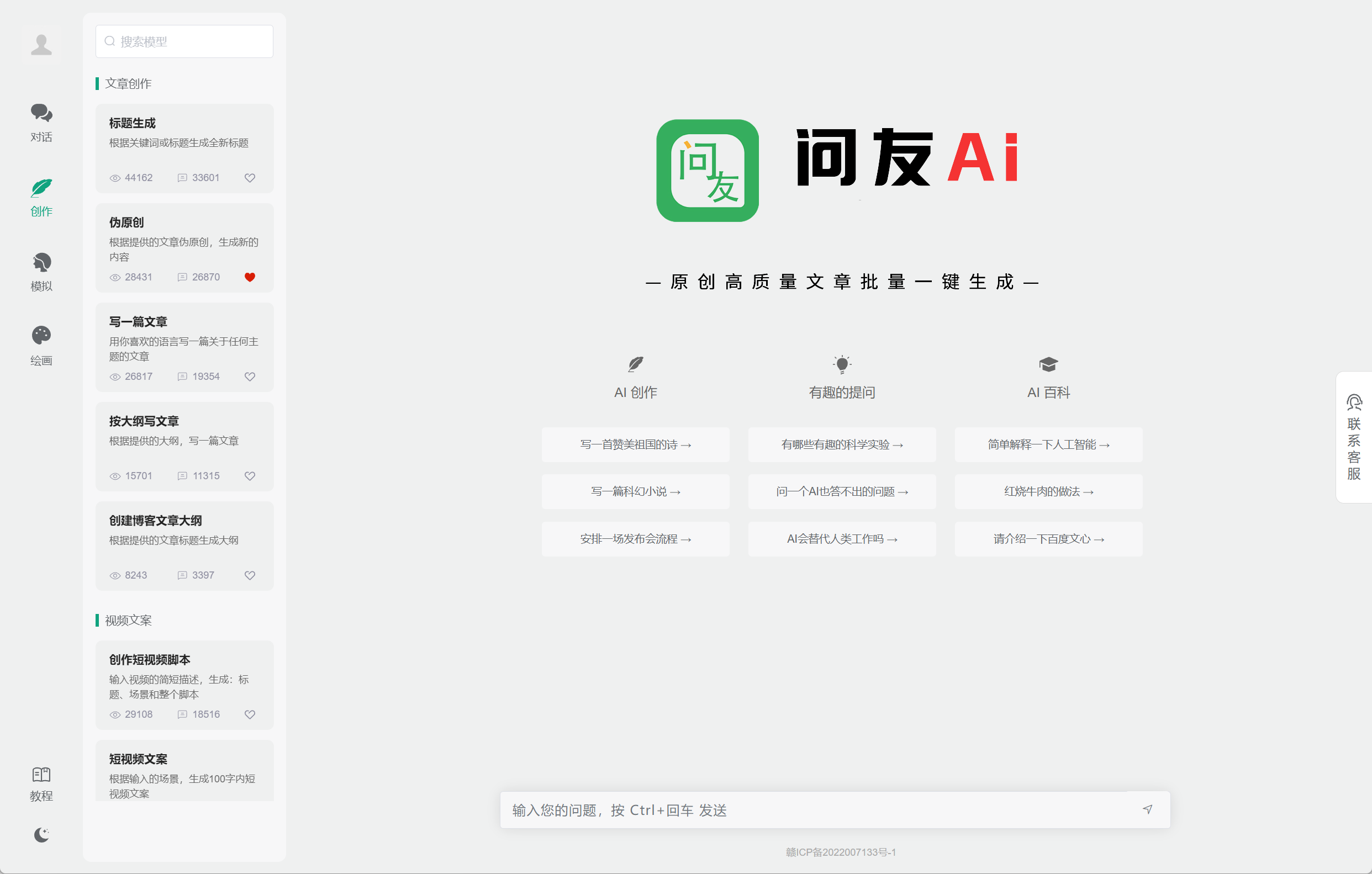Introduction
English article generator tools have been developed to help learners and professionals improve their writing skills. These tools use natural language processing techniques to analyze and generate articles on various topics. The generated articles contain a lot of vocabulary, some of which may be unfamiliar to the readers. Therefore, it is important to keep a word bank or a dictionary to better understand the articles.

This article aims to explain the importance of keeping a word bank for English article generator tools. It will also provide detailed information on the features and benefits of using a word bank. Additionally, it will address some of the common questions and concerns about the use of word banks.
Benefits of a Word Bank
A word bank is a collection of frequently used words and phrases. Using a word bank helps improve vocabulary and assists in the learning process. Here are some benefits of using a word bank while using English article generator tools:
1. Better Understanding: A word bank ensures that you have access to the meaning of unfamiliar words. As the English article generator tool may generate a lot of new vocabulary, having a word bank at your disposal can make the reading process easier.
2. Improved Vocabulary: Keeping a word bank helps in the retention of new words. Learning new words is essential in upgrading your writing skills. A word bank can be used for quick reference and revision of vocabulary.
3. Time Saver: A word bank is not only good for helping you understand text, but can also save time while writing. The use of a word bank ensures that you can easily find the right words to express your ideas and thoughts.
4. Better Writing: Using a word bank helps in the construction of sentences and paragraphs in a more organized and coherent manner. This makes your writing more effective and engaging.
Features of a Word Bank
A word bank provides a wide range of features for language learners. Here are some features of a typical word bank:
1. Search Functionality: A good word bank will have a search function that allows you to look up words quickly and easily. You can search by word, synonym, or antonym.
2. Categorization: Word banks categorize words in different groups, such as verbs, adjectives, adverbs, and nouns. This enables learners to quickly identify a specific word type and its meaning.
3. Examples and Definitions: A comprehensive word bank should provide definitions and examples of usage. This feature allows learners to understand the nuance of vocabulary in a given context.
4. Audio Pronunciation: Word banks may offer audio pronunciation of words. This feature assists with learning pronunciation.
5. Customization: Learners can customize word banks by adding new words and creating their own categories.
Common Questions About Word Banks
1. Does Using a Word Bank Mean that I will Never Need to Learn New Vocabulary? No, a word bank is only a tool to assist in memorizing and retaining new vocabulary. Learners should continue to find and learn new vocabulary.
2. Should I Use a Physical or Digital Word Bank? It depends on the learner’s preference. A physical word bank may aid in revision, whilst a digital word bank may provide access to a comprehensive database.
3. How Do I Create a Word Bank? You can create a word bank by keeping track of the new words you learn from English article generator tools and other sources. You may also use language learning apps that offer a word bank feature.
Conclusion
English article generator tools can make the writing process easier. However, they can generate a lot of new vocabulary that may be unfamiliar to learners. This is where a word bank becomes crucial. A word bank supports learners in understanding the context and meaning of unfamiliar words. It also assists in improving their vocabulary and saves time in writing. The features of a typical word bank include search functionality, categorization, and audio pronunciation. Learners may create a physical or digital word bank according to their preference.
